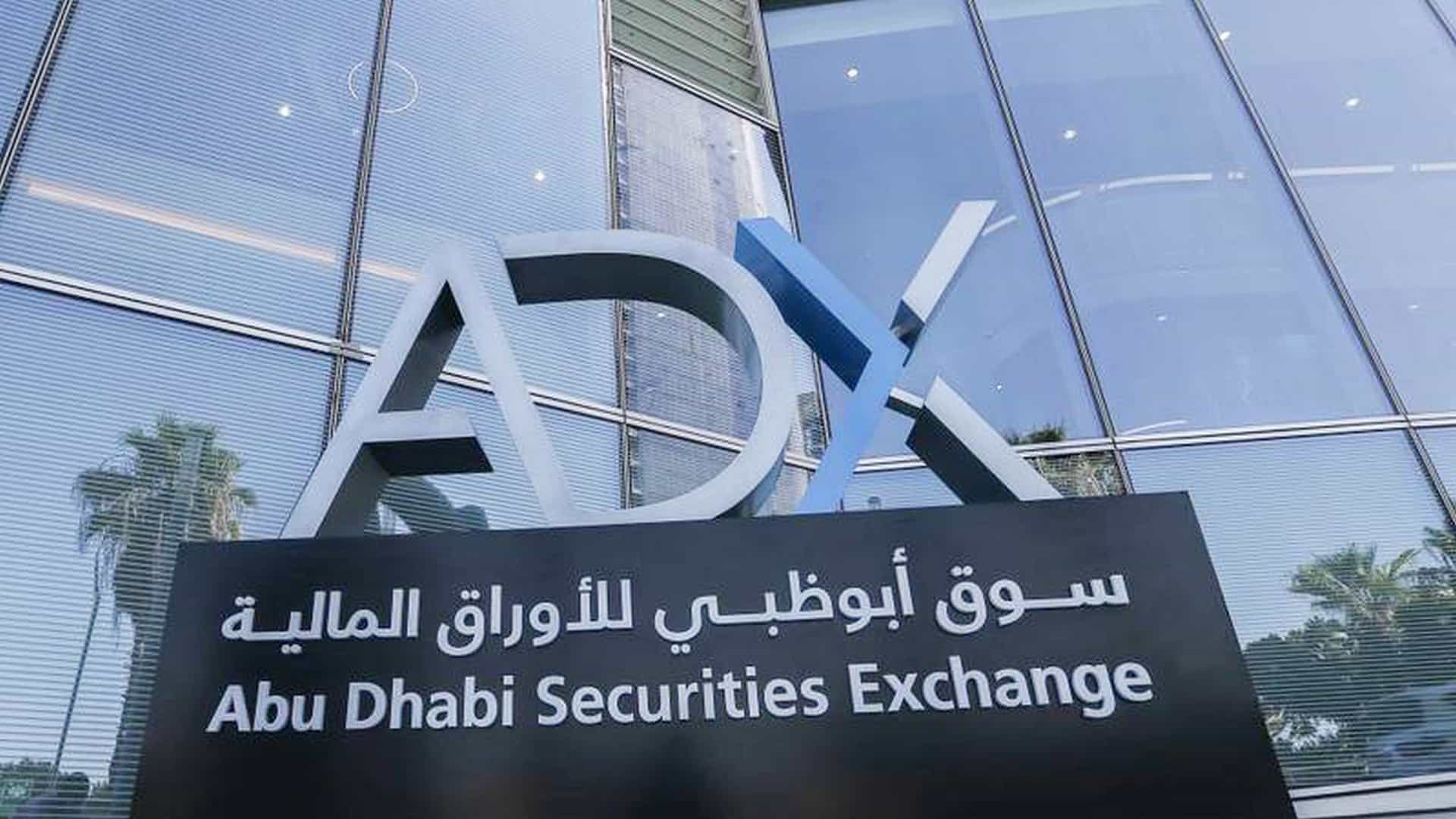Abu Dhabi, UAE—The Abu Dhabi Securities Exchange (ADX) and the Muscat Securities Market (MSX) signed a memorandum of understanding (MOU) on Wednesday to exchange visions and experiences between the two parties in various fields of common interest.
The MOU aims to enhance cooperation and information sharing in a number of areas, including advisory services, training, development of systems, and promotion of integration.
It also provides a channel of direct communication between the two parties, for the exchange of legal and technical information, sustainability and ESG.
ADX also signed a memorandum of cooperation with the Muscat Clearing & Depository Company. S.A.O.C. (MCD) for dual listing of securities on both markets and to further develop clearing and central depository functions in the two markets, allowing each party to obtain the required permits and approvals to collaborate, and to establish joint working committees on issues of common interest.
Another agreement was signed by ADX with MSX to promote cooperation on dual listing of securities across the two markets.
The agreement sets out the legal foundations for such transactions and unifies and defines the required operational, administrative and technical procedures to achieve effective cooperation and coordination.
The MoU was signed during the visit of Sheikh Mohamed bin Zayed Al Nahyan, President of the UAE, to Oman.
Saeed Hamad Al Dhaheri, Managing Director and Chief Executive Officer of Abu Dhabi Securities Exchange commented, “The signing of this MoU reaffirms both Abu Dhabi’s and ADX’s commitment to establishing a regional network for knowledge and information sharing which is intended to bolster liquidity and mutual long-term economic growth with our regional partners.”
Haitham bin Salem Al Salmi, CEO of MSX, said, “These agreements and memoranda of understanding will enhance the levels of cooperation between the two markets, and it is hoped that they will have positive repercussions on strengthening the bonds of relations between all components of the capital sector in the two countries.”








